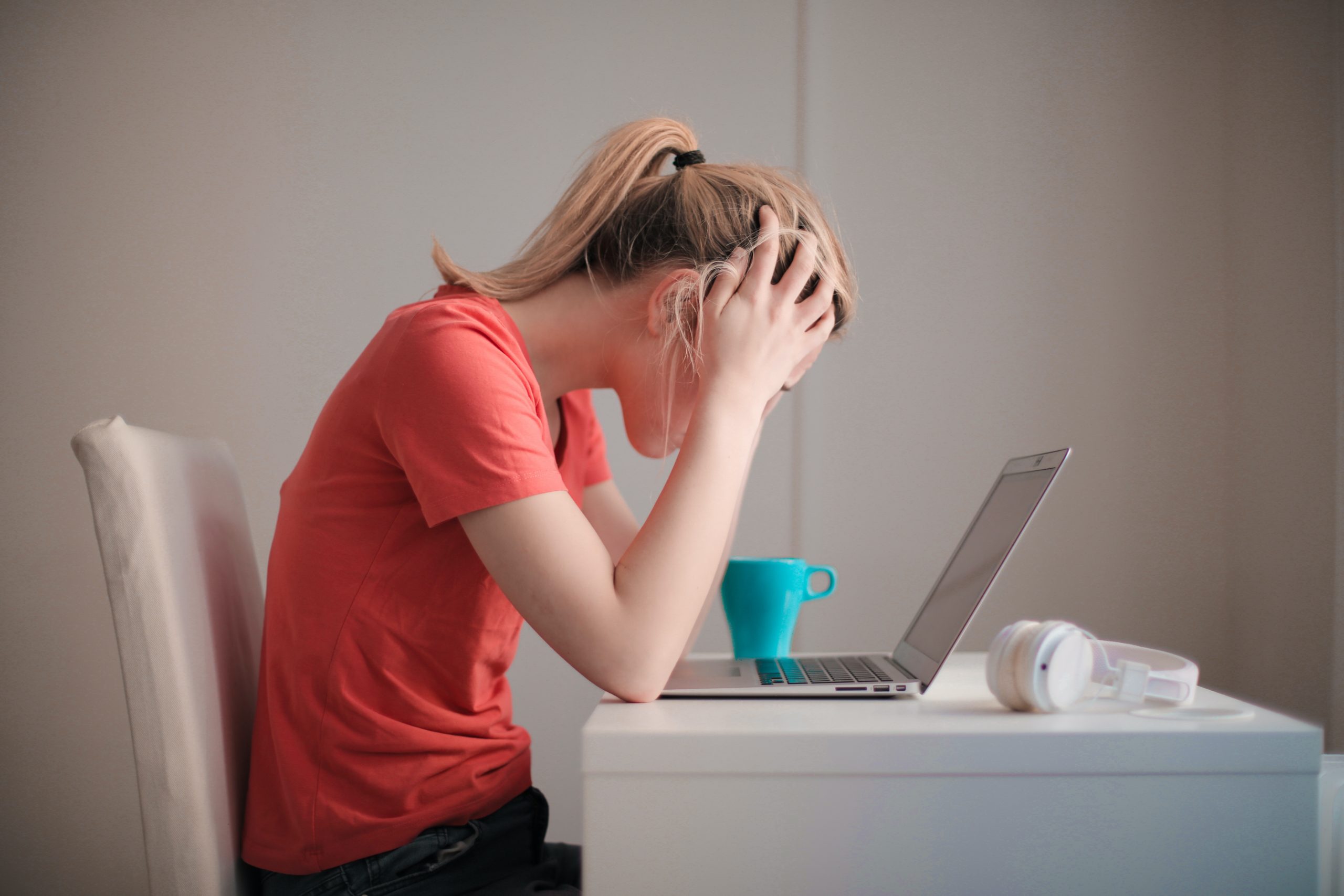I almost feel the first line of NSYNC’s Pop song is talking about Covid-19. It has been a year since the country went on lockdown, yet COVID-19 remains the hot news. For one year we had to deal with the threat of illness, fear for job security, news of deaths, all while losing our coping mechanisms such as social gatherings, eating out, and vacations. While fatigue is a symptom of COVID-19, “COVID fatigue” is a widespread emotional exhaustion. The constant negative feeling or emotion related to COVID is called COVID fatigue.
Dan Siegel helps to explain the way the brains work using the “hand model of the brain”. Imagine a hand that is clenched. The fingertips represent the frontal lobe that helps with our rational thinking. When a traumatic event happens, our lids flip up, causing us to react, but soon returns. When we are under constant stress, like the lingering fear related to COVID, that part of our brain gets disconnected 1. We are not prepared for long term stress, which causes our “lids to flip” long term, often manifesting as COVID fatigue.
COVID fatigue affects more than our mental and emotional health, it affects our physical health too. We may stop paying attention to public health safety measures due to COVID fatigue. As we continue to vaccinate people, it is important we follow public health safety measures.

Tips to fight COVID fatigue:
Recognize that fatigue is real.
Be kind and compassionate to yourself. Understand that what you are feeling is real. Take care of your mind and body.
Stay away from comparative suffering.
Comparative suffering is when we try to make sense of our pain by comparing it to other people’s pain. This is dangerous as it minimizes the legitimacy of our feelings 2. We know many are going through the effects of the pandemic. It’s important to understand we are not in the same boat, rather in the same storm. Although people are all in this pandemic, everyone is going through different challenges. Be kind to yourself and other people.
Get moving.
Exercise does not need to be very strenuous. A simple walk, dancing to your favorite tunes, or deep cleaning the house helps. As the stress and frustration build up, exercise helps release endorphins and get some of the adrenaline out
Relax, be mindful.
Does the idea of yoga or journaling stress you out? It surely does for me. I cannot “quiet” my mind and one way I was finally able to do so is by trying guided meditation. There are many online apps and videos online to help with guided meditations. Watch a funny movie, read a great book, paint, garden all of these are ways to help the mind relax.
Express
Ignoring feelings will not help you in the long run. Talking to someone, journaling, or seeking professional help are some ways to help you express your feelings. Talk to a trusted loved one and stay connected virtually.
Disconnect to connect.
Listen to the news from a trusted and credible source. Disconnect from social media. Stay away from keyboard warriors (i.e. people who argue on posts.) Connect to how you are feeling and to your loved ones.
Aruna Manisekaran, MPH,CPH, is the previous Public Health Educator at the Fishers Health Department. Aruna has her Masters in Public Health and Certified Public Health. As a Fishers resident, Aruna enjoys driving around to view the landscapes, the holiday lights, the parks, and the neighborhoods. In her spare time, she enjoys art therapy, making earrings, gardening, puzzles, cooking, baking, and binge-watching shows. She loves Fishers’ support for local businesses, the entrepreneurial culture, and the progressive thinking.

